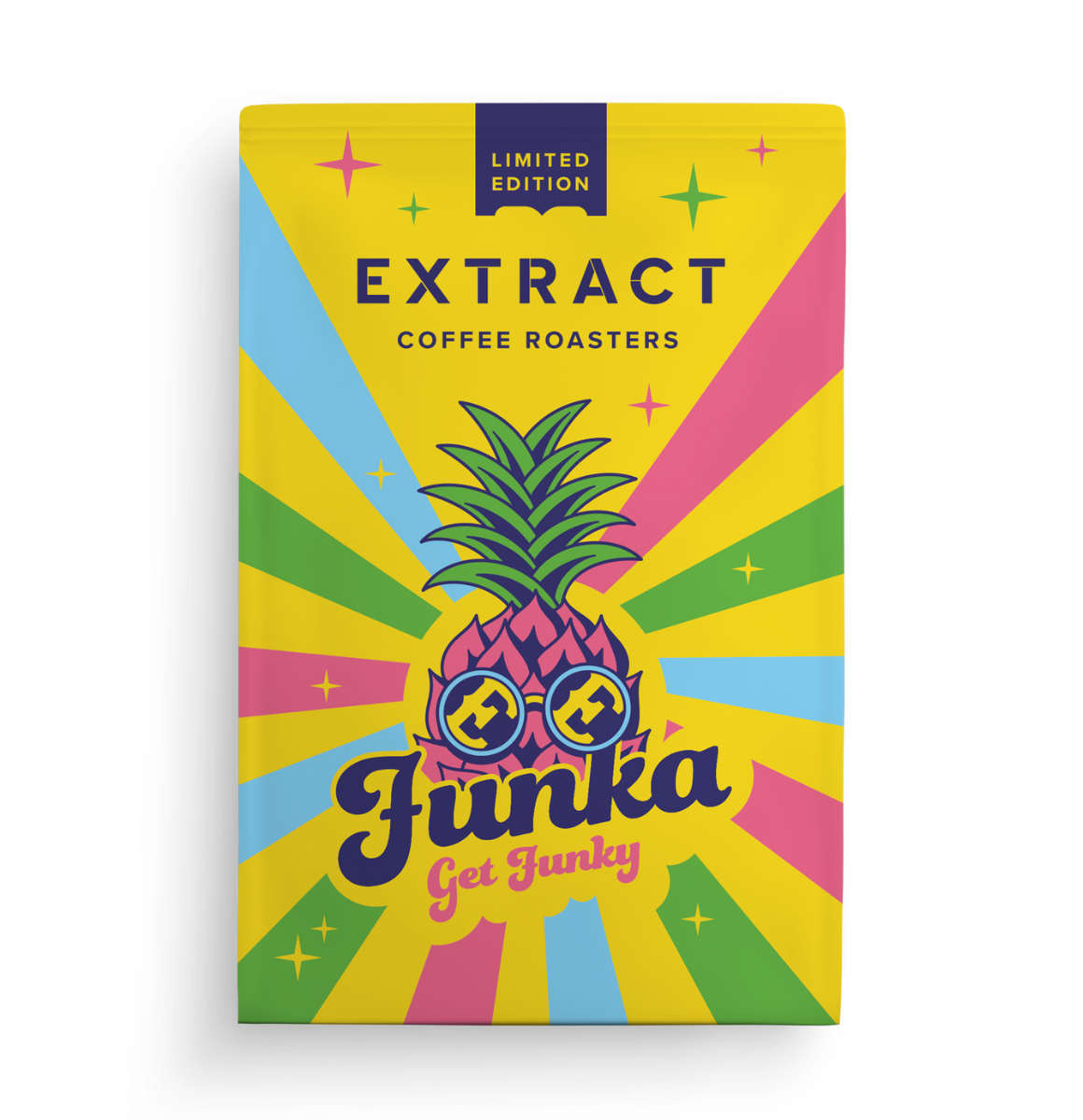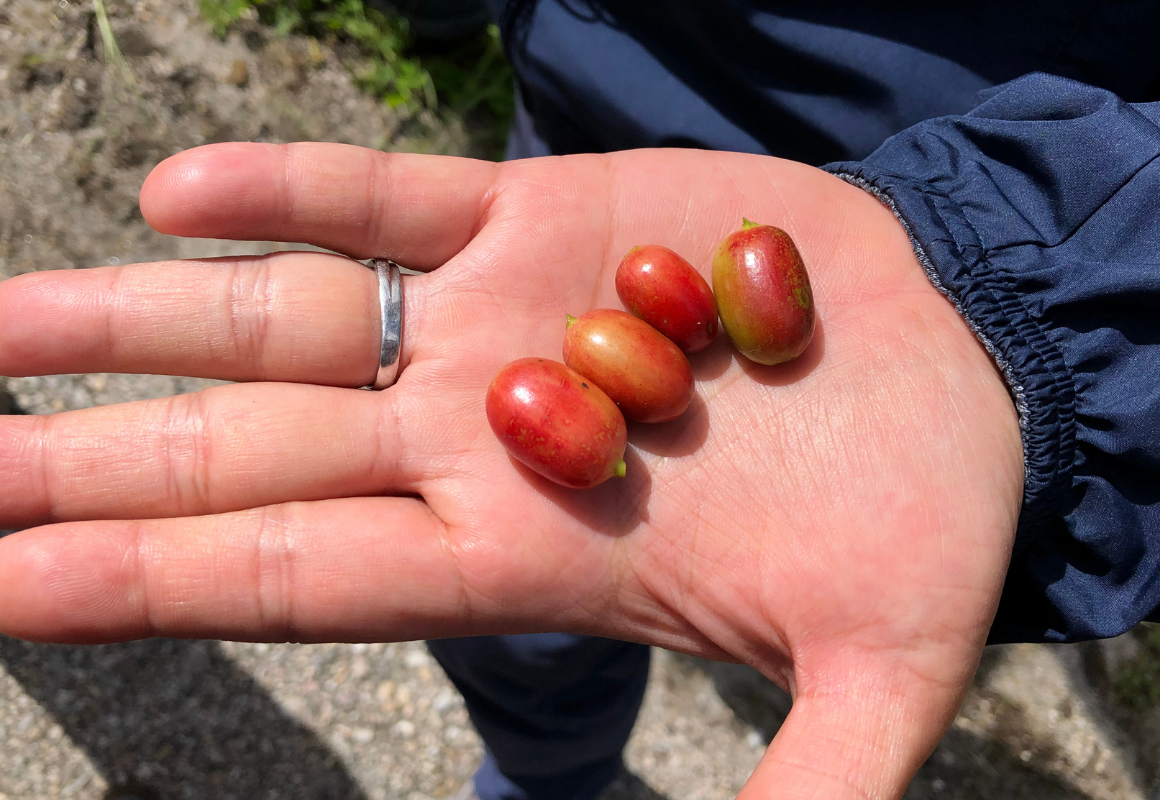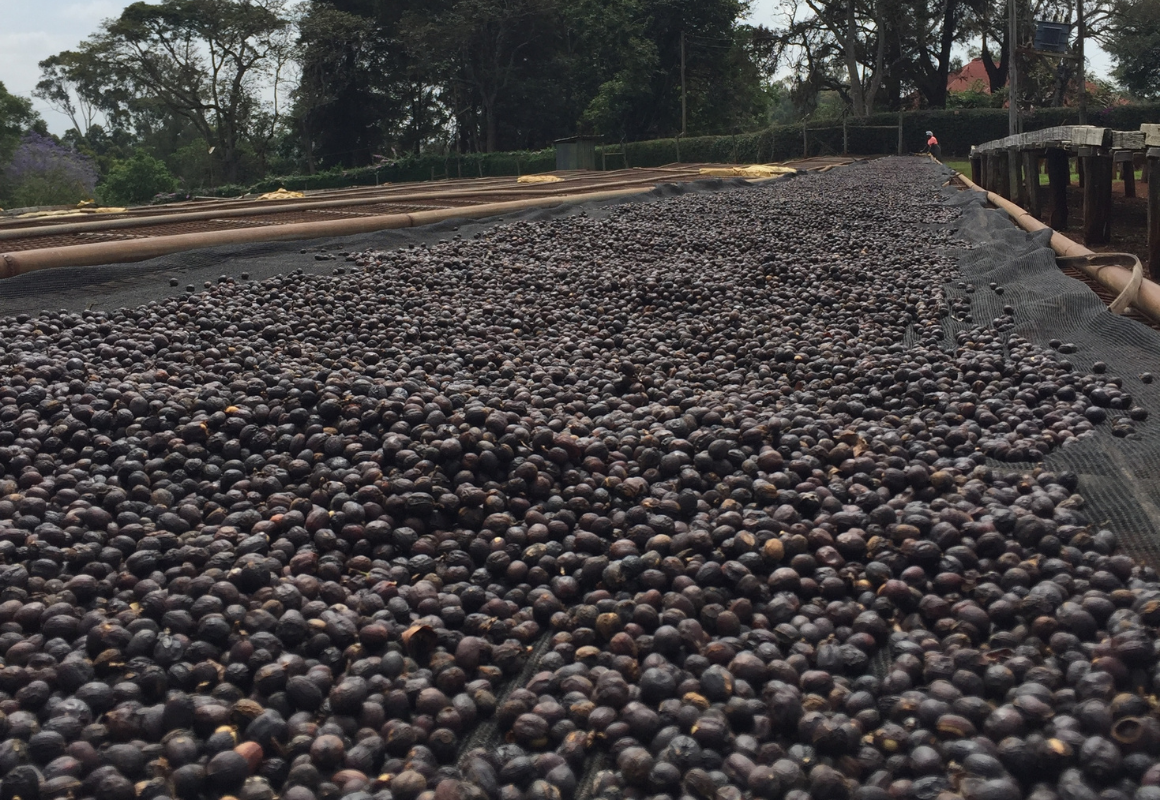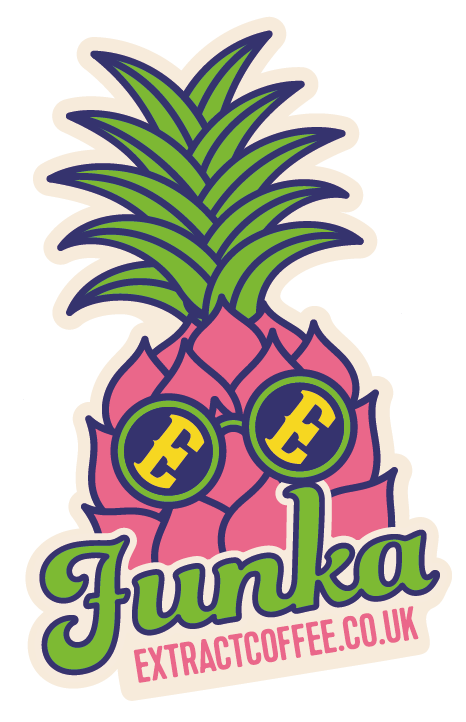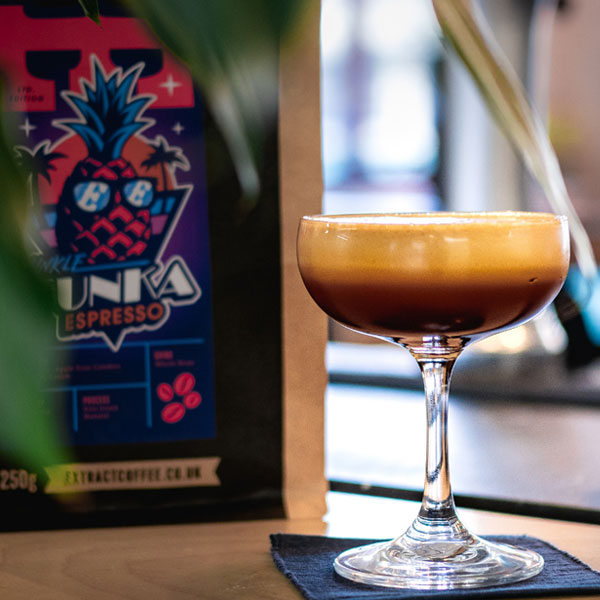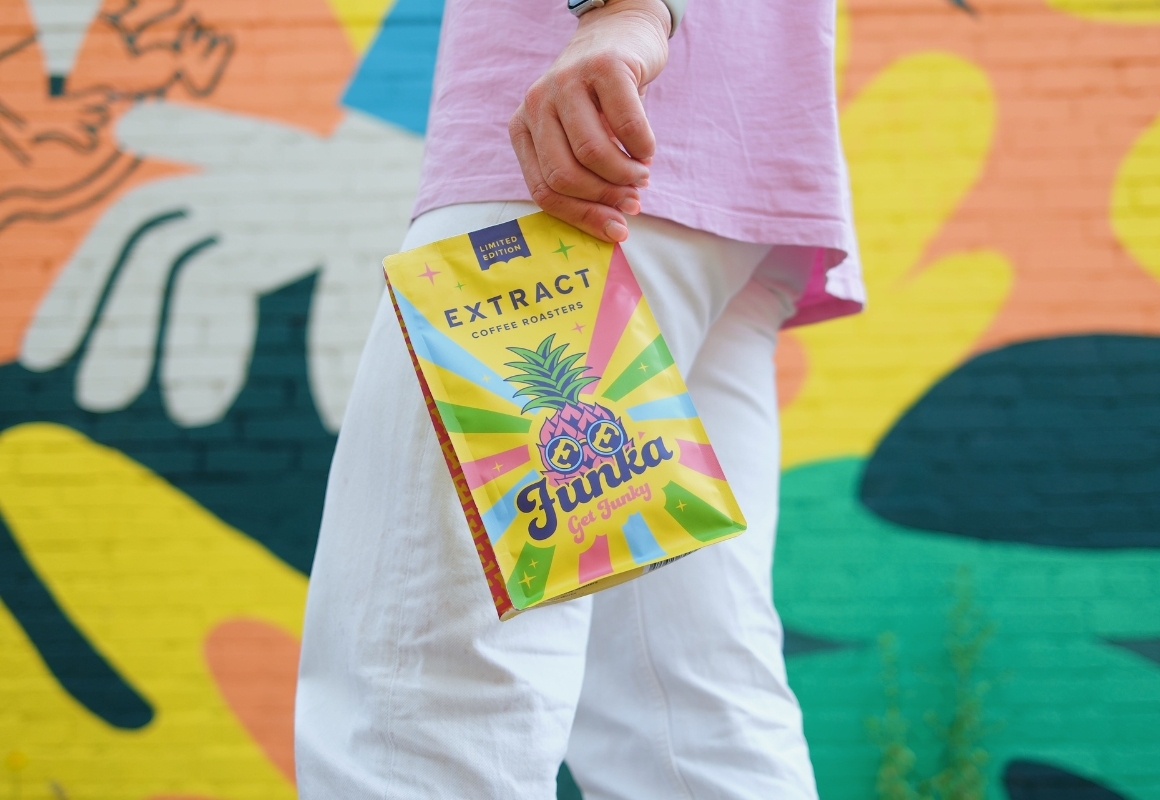
Myanmar & Burundi
Tinned Pineapple, Dark Chocolate & Banoffee Pie
This year, we’ve sourced the coffee from two different continents, Asia and Africa. When it comes to coffee, Myanmar’s known for booziness and tangy flavours, so combined with Burundi’s classic juicy and tropical notes, means this year's Funka certainly packs a punch! 2025 also marks the first year Funka is available in our new fully recyclable packaging!
FARM: Naungcho, Myanmar & Ngozi Province, Burundi
PROCESS: NATURAL
IN THE CUP: Tinned Pineapple, Dark Chocolate & Banoffee Pie

